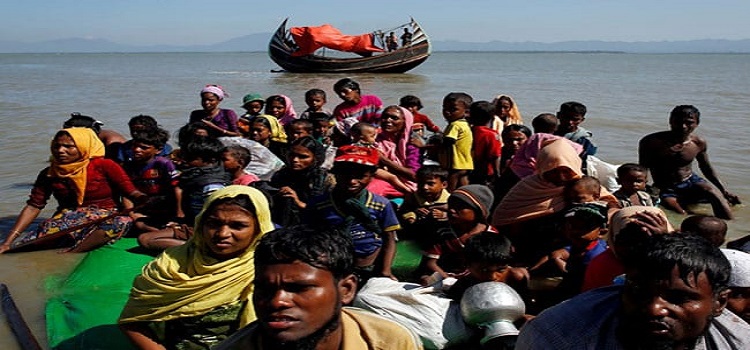
- Special News
- Lead News
Coming winter is a threat of Coronavirus in Bangladesh: Experts
- Special News
- Lead News
- 22 July, 2020 20:17:40
CNI Desk: As it looks unlikely that coronavirus will disappear until there is a vaccine, experts have warned that the deadly virus may hit Bangladesh even harder in the coming winter.
They fear that people may become very susceptible to coronavirus like other respiratory viruses and flu-like diseases during the winter due to low humidity, less sunlight, mild vitamin D deficiency and impaired immunity.
They, however, think the actual spread may depend on human intervention and bulwarks such as strict enforcement of universal masking, physical distancing, improved hand hygiene and increased testing and isolation.
International Studies
Some recent studies conducted in different countries, including India, the UK and Australia, also claim that the virus may rise in winter dampening the outlook for a return to a normal life.
A team of researchers from India’s two universities--IIT-Bhubaneswar and AIIMS--recently warned their policymakers against the increase in transmission of Covid-19 during the peak of monsoon and winter across the country.
Based on their research which has not been peer reviewed yet, they said monsoon rainfall and cooling of the atmosphere coupled with progression towards winter may environmentally favour coronavirus transmission in India.
According to a modelling study by India’s Massachusetts Institute of Technology (MIT), their country may see 2.87 lakh COVID-19 cases per day by the end of next winter.
Researchers from the Banaras Hindu University and Central University of Rajasthan, India, stated in their study that there can be an increase in the spread of coronavirus during the winter season.
A modelling study of the Academy of Medical Sciences in the United Kingdom has also suggested that the number of Covid-19-related hospital deaths during winter --between September 2020 and June 2021--in the UK could be as high as 119,900, the academy with a new wave of the virus.
A research in Australia’s Sydney University suggests a 1 percent fall in humidity could increase the number of infections by 6 percent. It also said only lower humidity was associated with an increase in Covid-19 cases, not temperature.
Researchers from the University of Maryland School of Medicine suggest that Britain, Central Asia, the Caucuses, Eastern and Central Europe, northern and midwestern US, and British Columbia in Canada are at greater risk of community transmission in the winter.
Bangladesh’s Experts
Talking to UNB, Prof Nazrul Islam, former Vice Chancellor of Bangabandhu Sheikh Mujib Medical University (BSMMU), said the way the coronavirus transmission is going on it can be assumed that the virus will prevail during the winter.
“I fear the situation may deteriorate in winter as people at that time used to suffer many other respiratory viruses and flu-like diseases,” he said.
He said cold temperatures and low humidity is likely to help coronavirus live longer while vitamin D deficiency and weakened immunity may help the coronavirus take a heavy toll on human health.
Prof Nazrul Islam, also a member of the National Technical Advisory Committee (NTAC), the mortality rate also may go up as corona may get stronger with influenza and pneumonia, asthma and other cold-related diseases during the winter.
He said elderly people and children will be the most vulnerable to the deadly virus in cold weather.
“We need to intensify our efforts to contain the virus as early as possible through effective programmes. We should conduct at least 25,000 sample tests every day and identify the hidden cases and put them in isolation to slow the transmission. People also need to cooperate with the government by maintaining health hygiene rules to get rid of the virus,” Prof Nazrul said.
Prof Be-Nazir Ahmed, former director (disease control) of the DGHS said though many experts said corona has no relation with the weather, it has a correlation with the season.
“The symports of corona are similar to cold-related diseases. It’s basically a disease of winter, it has many strains which are capable to survive during any season like summer and rainy ones. At the early stage, some experts thought the virus may become weaker during the summer, but they proved wrong since virus infections increase sharply during hot weather,” he observed.
Dr Be-Nazir there are many viruses which cannot outbreak like a pandemic, but corona is a different type of virus with various strains.
He said there are some strains of coronavirus that may become acute and deadly during the winter. “So, we should now work out plans so that we can tackle the virus effectively during the cold weather.”
Echoing Prof Nazrul, Be-Nazir said elderly people and those who have a chronic respiratory problem could be the worst victim of the virus during cold weather.
He said the government should enforce lockdown in red zones and identify the infected people and isolate them from others to slow the virus spread.
Dr ASM Alamgir, principal scientific officer of the IEDCR, said though it is not yet proved that coronavirus has any relation with the weather, it can be assumed that the survival time of virus may increase during cold weather.
“Many people in Bangladesh suffer from common cold problems caused by four other coronaviruses rather than Covid-19, but those are self-preventive viruses. So, if the Covid-19 and other coronavirus affect people together during the winter the situation may deteriorate sharply. Though this is only an assumption, we should remain alert,” he said.
Alamgir said without people’s awareness and cooperation, the country will not get rid of the dangerous pandemic. “Our people should need to understand it that we need to lead a very controlled life for at least six months more to contain the virus. People must be very careful during winter so that they don’t catch cold and corona.”



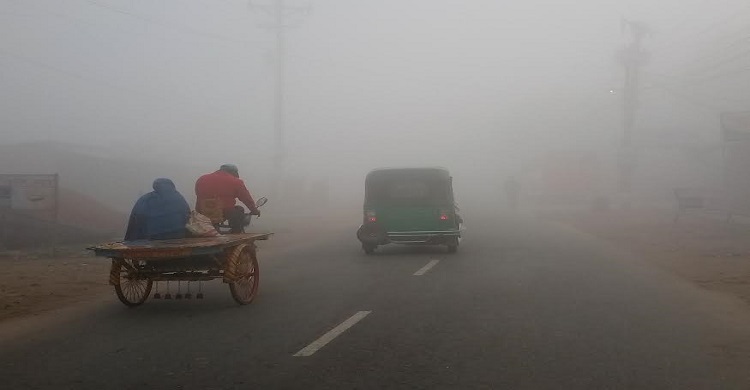






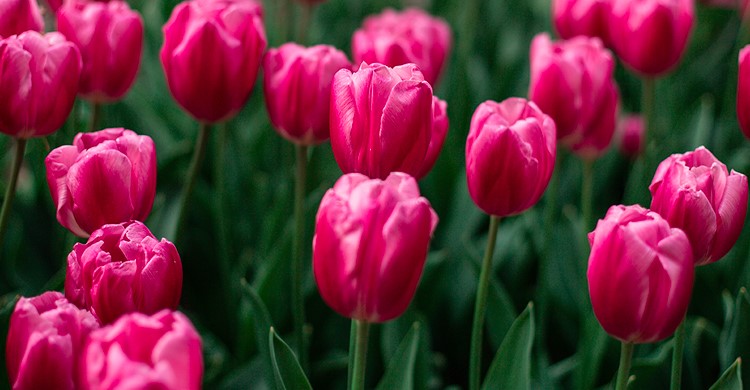




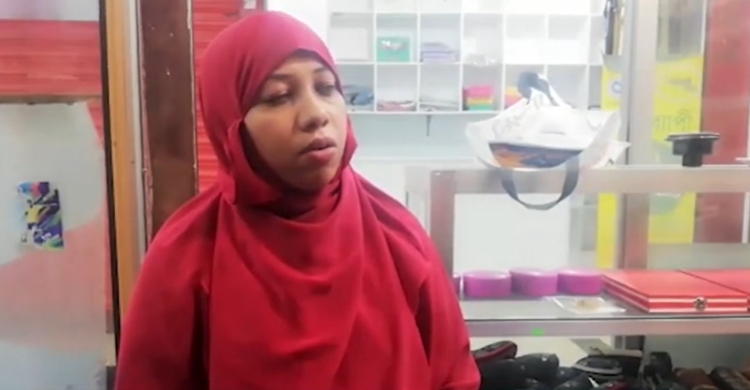
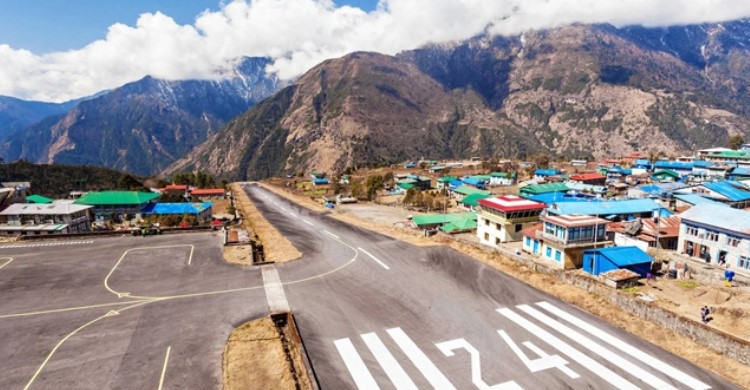




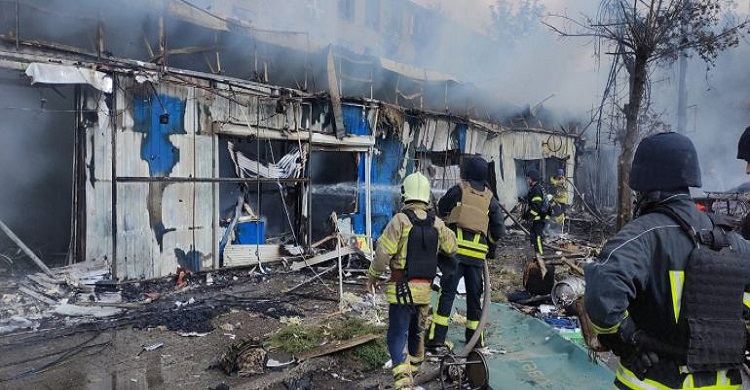
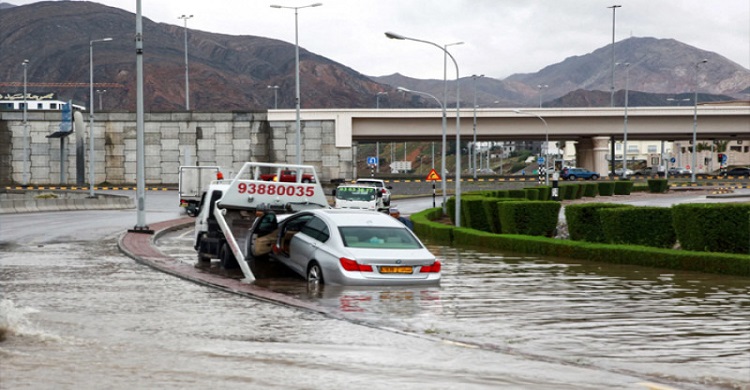
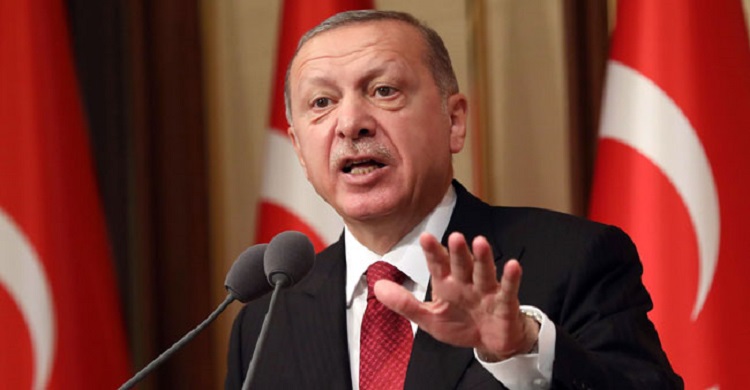




Comment ( 0)